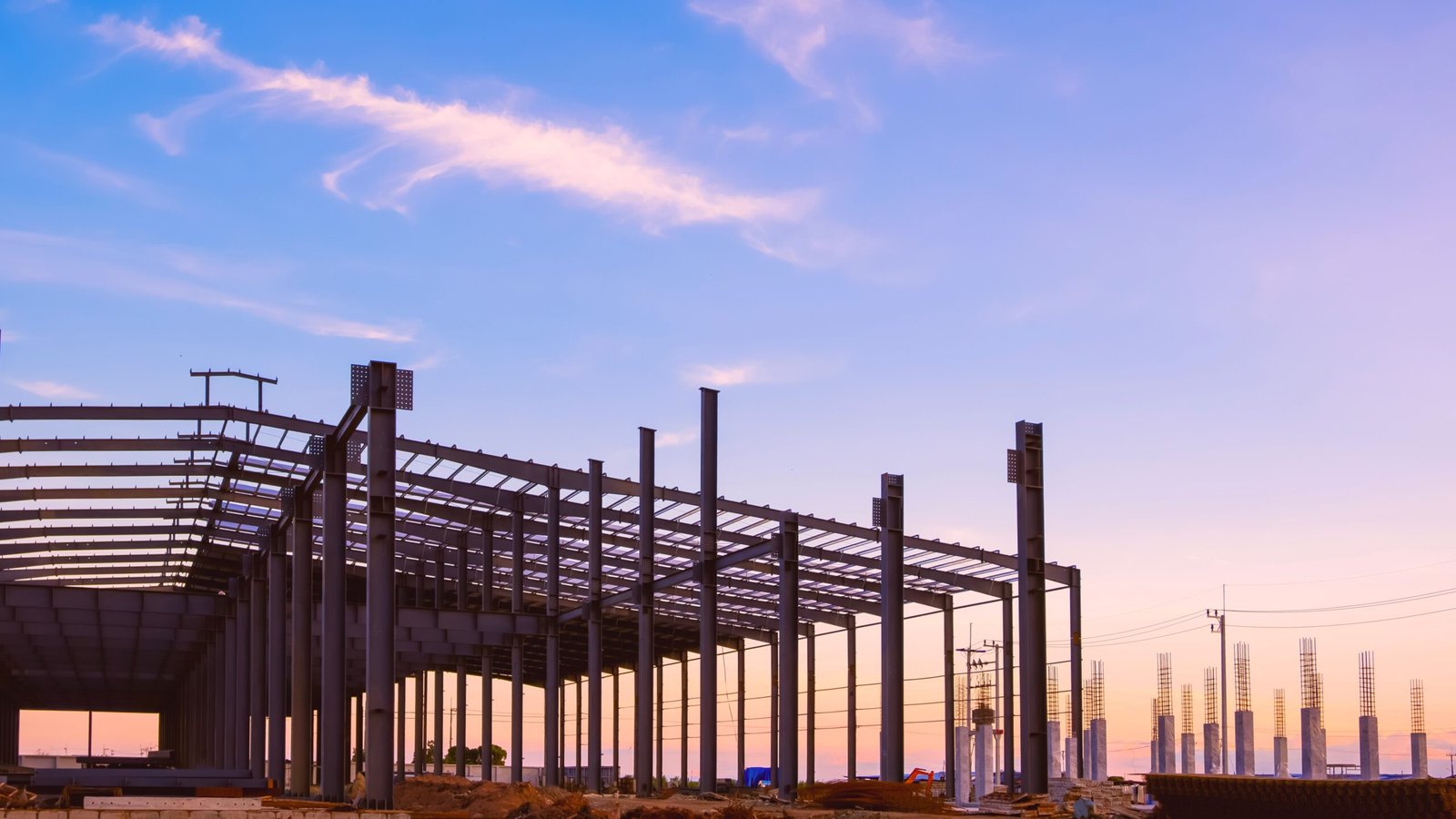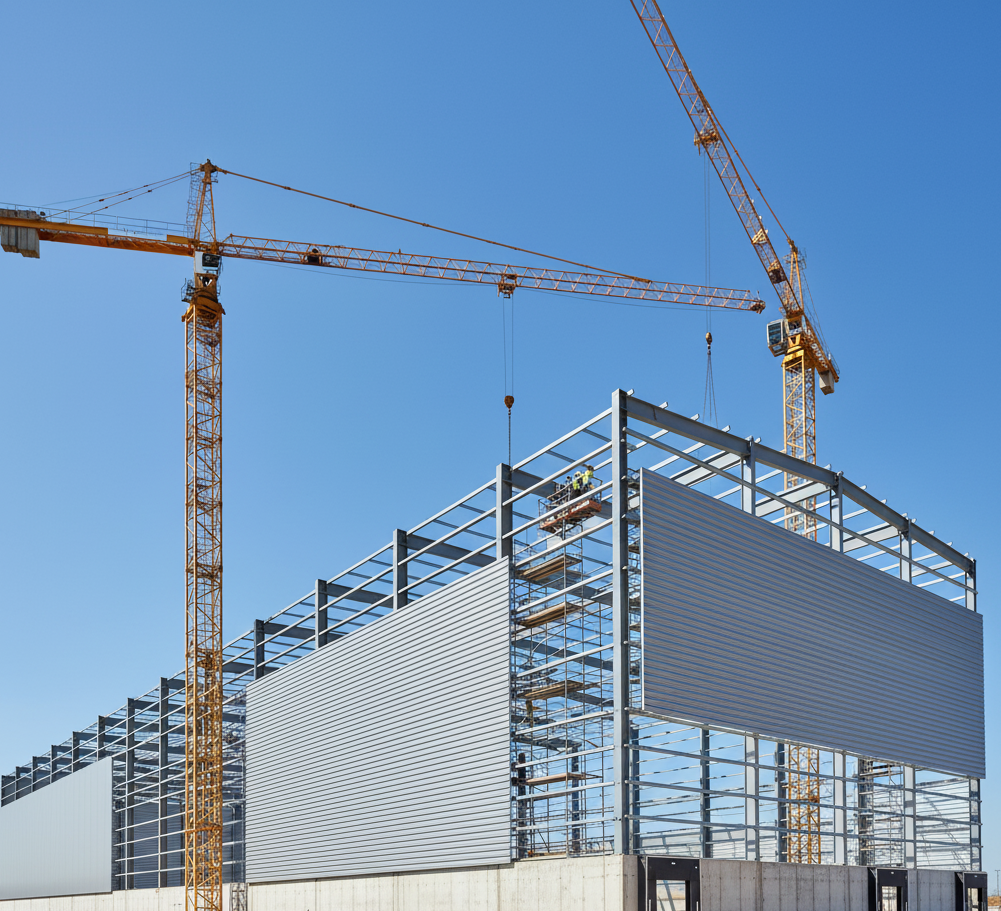WAREHOUSE
Funds for constructing warehouse properties.
WAREHOUSE
A warehouse loan for new construction is a specialized financing option used by developers and real estate investors to fund the construction of warehouse or industrial buildings. It provides the capital needed during the construction phase, typically covering land acquisition, building materials, labor, and related costs.





Funding for Development
Enhance Cash Flow
Regarding tax benefits, borrowers loans may enjoy:
- Annual Tax Deductions: Mortgage interest payments on the loan are typically tax-deductible, reducing taxable income.
- Depreciation Benefits: The property can be depreciated over time, leading to annual deductions that improve cash flow and reduce tax liability.
- Operational Expense Deductions: Maintenance, insurance, and management costs associated with the Warehouse facility are deductible, further lowering taxable income.
For real estate investors, warehouse loans are beneficial in several ways:
Funding for Development:
They supply the necessary funds to build new warehouses, which are in high demand for logistics, distribution, and e-commerce industries.
Leverage Lender’s Money:
Investors can use these loans to finance large projects without tying up all their own capital, maximizing leverage and potential return on investment.
Bridge to Long-term Financing:
Once construction is complete, investors can refinance the warehouse into a long-term mortgage or sale, often at a profit.
Enhance Cash Flow:
Developing and leasing warehouses can generate steady rental income, helping investors build long-term cash flow streams.
Market Demand Alignment:
With the growth of e-commerce and supply chain logistics, warehouse projects tend to offer strong rental yields and appreciation potential.
Summary, warehouse loans help real estate investors develop industrial properties efficiently by leveraging borrowed funds, enabling rapid growth and profitability in the logistics and distribution sectors.

